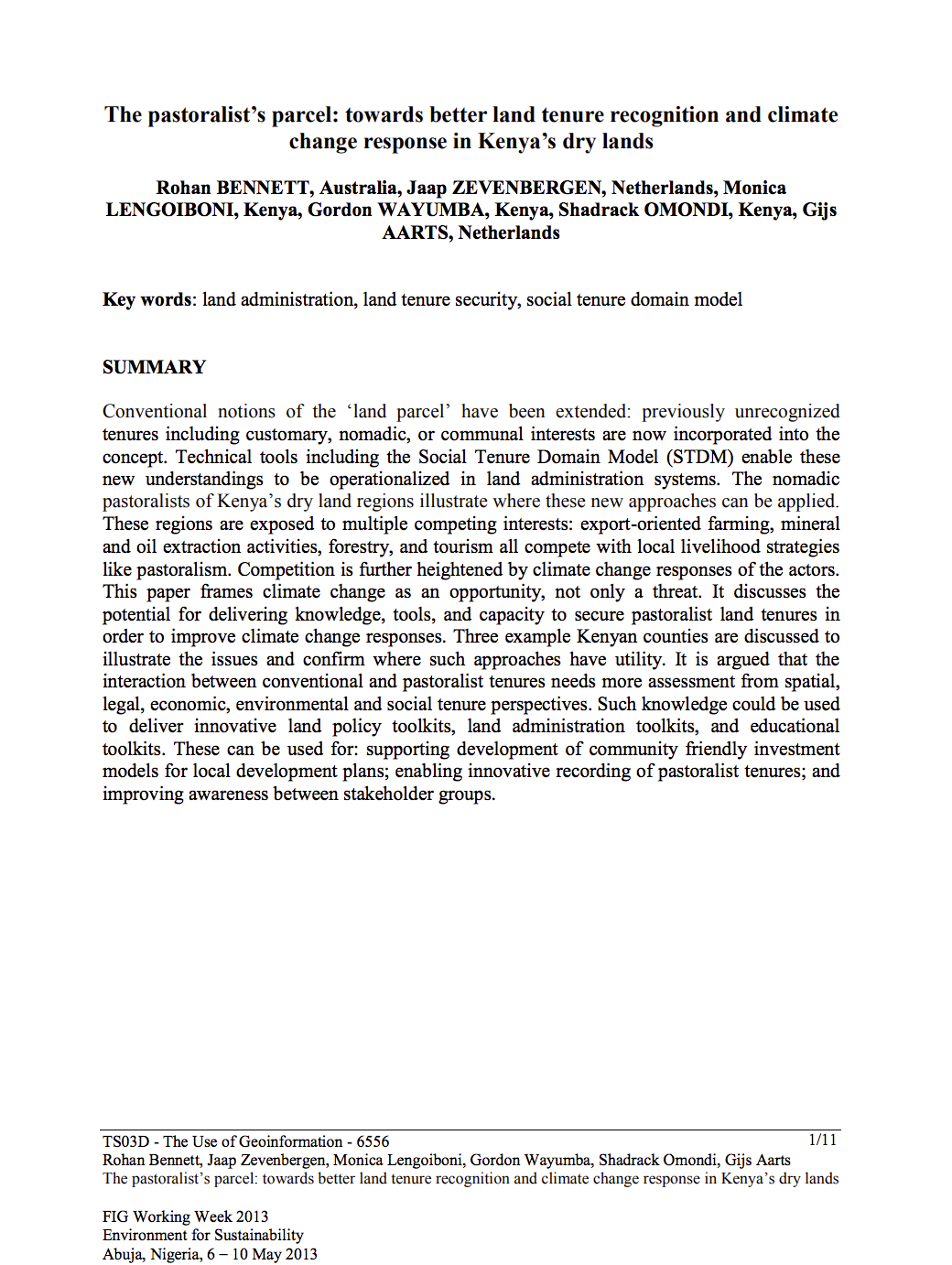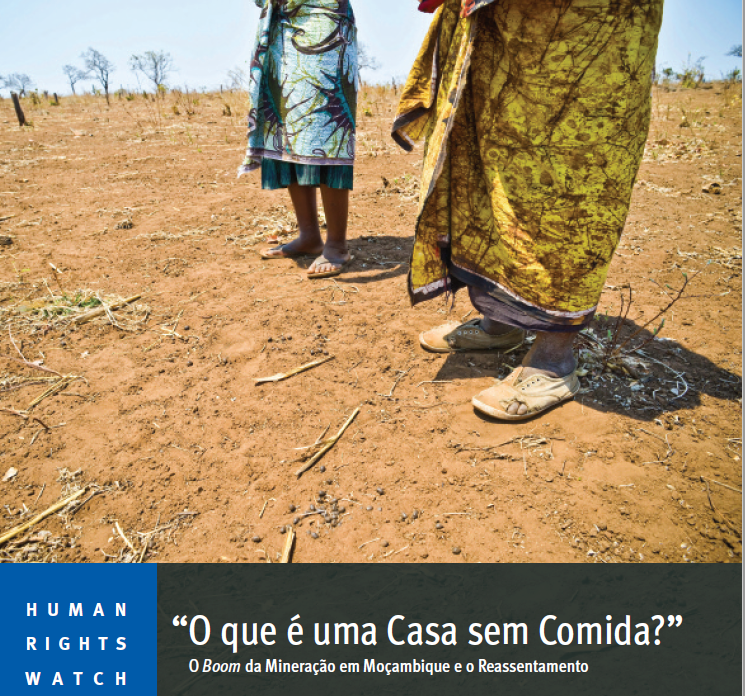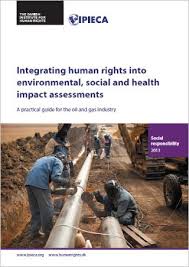Limited health options for Myanmar’s Rohingya IDPs
SITTWE, 31 May 2013 (IRIN) - Aid workers are calling for better health access for an estimated 140,000 internally displaced persons (IDPs) in Myanmar’s western Rakhine State, most of them Rohingya Muslims.
Although a number of NGOs and government mobile clinics are providing basic health services inside the roughly 80 camps and settlements, they are limited, and emergency health referrals remain a serious concern, they say.








